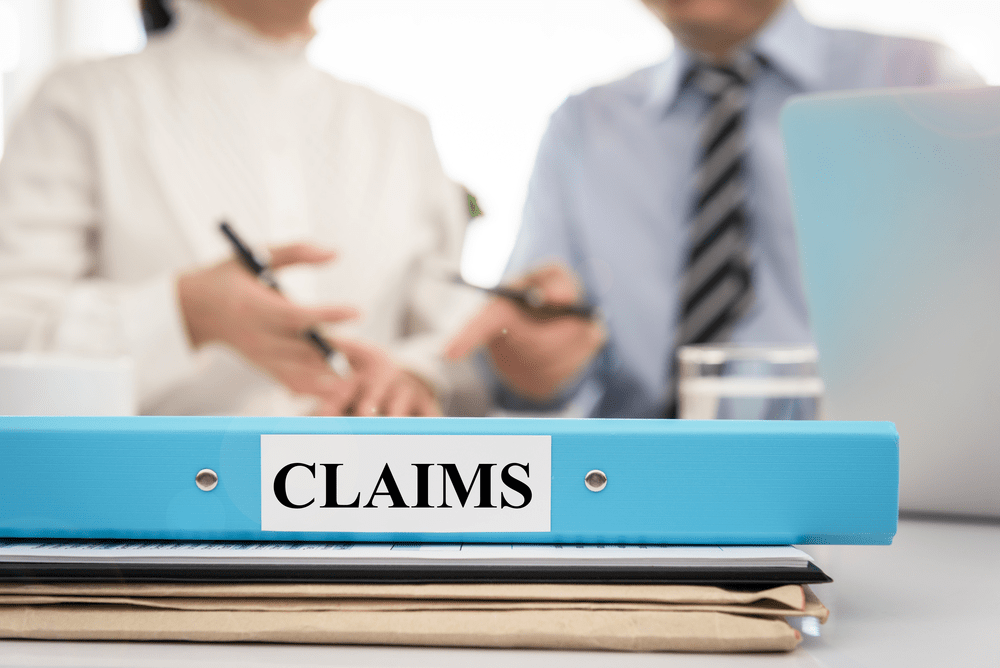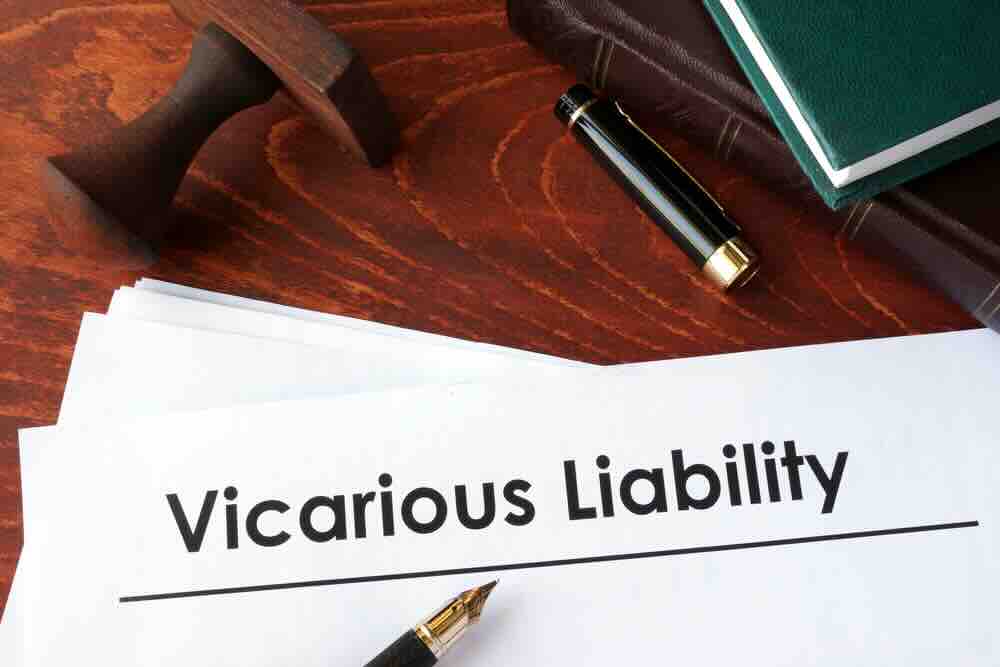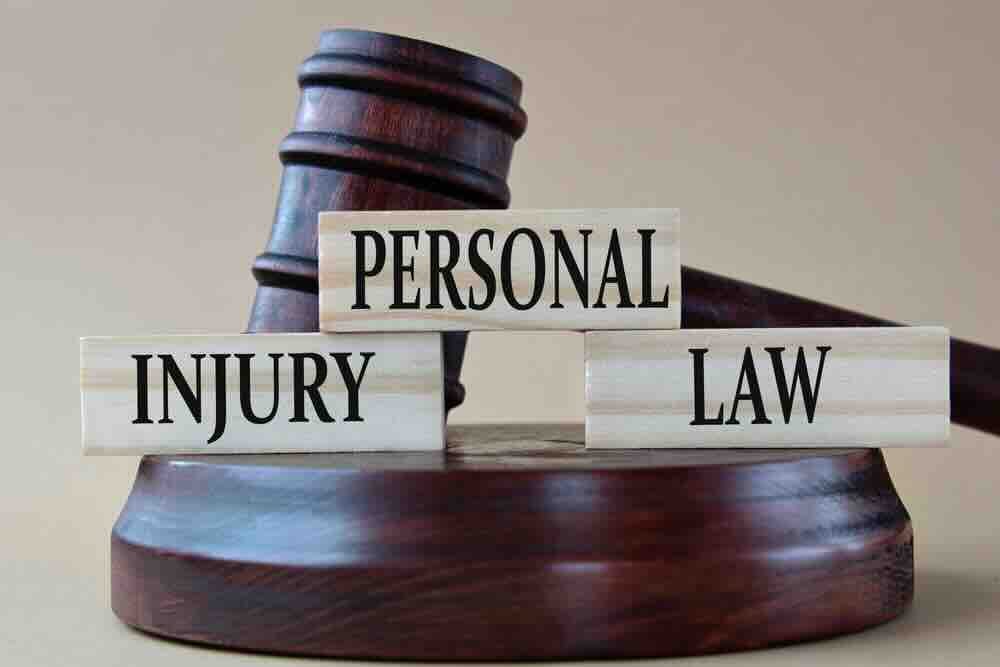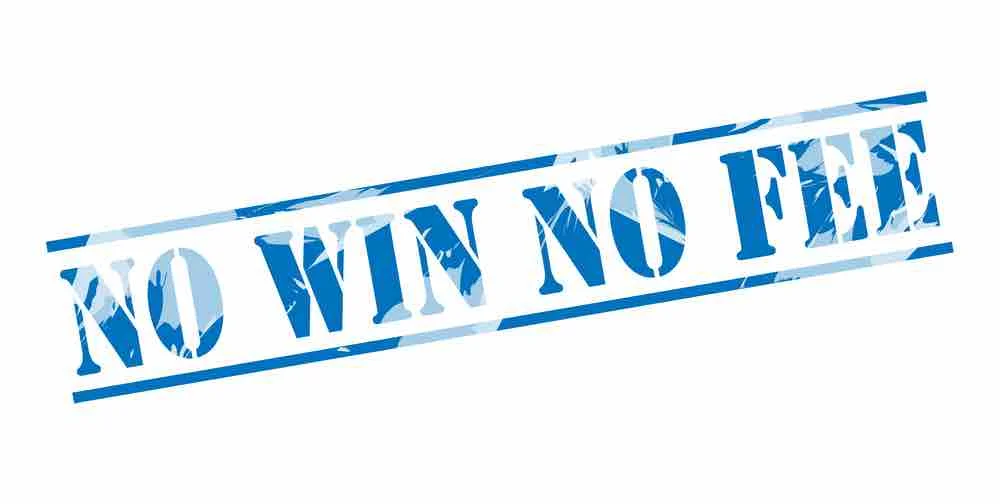At Baumgartner Law Firm, we understand the challenges individuals face when dealing with insurance claims and the intimidating nature of insurance adjusters. If you’re wondering how to negotiate a settlement with an insurance claims adjuster, Houston personal injury lawyer Greg Baumgartner has compiled this comprehensive article to help you navigate the process successfully and assert your rights.
With our expert tips and strategies from one of the best personal injury attorneys in Houston, you can confidently communicate with insurance adjusters and achieve a fair settlement for your claim.
Understanding the Role of an Insurance Adjuster
Insurance adjusters play a crucial role in the claims process. They represent insurance companies and are responsible for investigating claims, evaluating damages, and negotiating settlements. It’s important to recognize that adjusters are trained professionals working to protect their company’s interests.
Adjusters for your insurance company may owe you a duty. Adjusters for an adverse insurance company can be harder to deal with to get a fair settlement for your case. However, following the right approach can level the playing field and ensure your rights are respected.
Things to Know When Negotiating with an Insurance Claims Adjuster
Insurance Adjusters for Another Person will Pay as Little as Possible.
Once you understand the adjuster for another person you are claiming against is not on your side, the next question is how best to deal with them.
Documenting and Organizing Your Claim
One of the critical factors in dealing with insurance adjusters is providing comprehensive and well-documented evidence to support your claim. Follow these steps to strengthen your position:
- Gather Evidence: Begin by collecting all relevant information related to your claim. Evidence includes photographs of damage, medical records, police reports, witness statements, and any other supporting documents. The more evidence you have, the stronger your claim becomes.
- Create a Detailed Inventory: Compile a comprehensive list of all damaged or lost items, including their value, purchase dates, and relevant receipts or appraisals. This inventory will serve as a valuable reference during negotiations.
- Maintain Clear Communication: It is crucial to keep a record of all communication with the insurance adjuster, including written correspondence, emails, and phone conversations. Remember to note important details such as dates, times, and the names of people you speak with.
With Your Insurance Company, Know Your Policy Coverage
Before engaging with an insurance adjuster, thoroughly review your insurance policy to understand the extent of your coverage. Pay close attention to the following:
Policy Limits: Familiarize yourself with the maximum coverage limits stated in your policy. Knowing the limitations will give you an idea of the maximum amount you can expect to receive for your claim.
Deductibles and Exclusions: Note any deductibles or exclusions that may apply to your specific situation. Understanding these details will prevent surprises during the claims process.
Communicating Effectively with Insurance Adjusters
Effective communication can significantly affect the outcome of your claim when engaging with insurance adjusters. Follow these strategies to convey your position clearly:
Remain Calm and Professional: It is important to maintain a calm and professional demeanor throughout your interactions. Avoid becoming confrontational or aggressive, as this may hinder the negotiation process.
The old saying, “You catch more flies with honey than vinegar,” applies to your dealings with adjusters. Insurance adjusters are not afraid of lawsuits or threats. Avoid confrontational stances.
Stay Organized and Prepared: Before speaking with an adjuster, review your documentation and make sure you are well-prepared. Being prepared will boost your confidence and enable you to present your case more effectively.
Stick to the Facts: When discussing your claim, focus on the facts and avoid emotional arguments. Present the evidence, including photos you have gathered, and emphasize its relevance to your case.
Take Detailed Notes: During conversations with adjusters, take thorough notes of the discussion points, agreements, and any commitments made. These notes will serve as a valuable reference for future interactions. If you hire an attorney, things said by the adjuster may help them evaluate the defense strategy.
Common Tactics of Adjusters
Insurance adjusters can employ various tactics designed to minimize or diminish your claim. Some of the more common tricks used by adjusters include the following:
- They become unreachable and will not return your telephone calls. One method of dealing with this tactic is to follow up a telephone call with an email. Another is to ask to speak with a manager.
However, asking to go over the head of the adjuster should only happen on rare occasions. However, some adjusters are overwhelmed with hundreds of claims and may not be trying to avoid you. Given their workload, it may be too much to expect that a phone call is returned the same day it’s made. Car wreck claims almost always involve overloaded adjusters.
- They continually ask for more information, which can bog you down and delay the claim. Ask yourself if the information sought is overbroad or unrelated to your claim. If so, you may want to bring that to the adjuster’s attention. Another response is to let them obtain the evidence they seek. Or maybe the adjuster won’t return your calls?
- A time-limited lowball offer is a scare tactic for the uninformed. They make lowball offers and attempt to scare you by putting time limits on the offer. This tactic is as old as the wind.
- They may say things like “we accept responsibility” with the hope that you will assume that they will be fair when they offer you money. In effect, they are suggesting that you do not need an attorney. When an adjuster hints that you may not need a lawyer, what should you do?
- The adjuster states they need to record your statement to process the claim. We recommend consulting an attorney before giving a recorded statement to an adverse adjuster.
How to Review the Settlement Offer
When reviewing a settlement offer, it is important to approach it with careful consideration and thoroughness. Here are some key steps to follow:
- Understand the offer: Take the time to read and comprehend the settlement offer. Pay close attention to the details of the proposed terms, including any limitations, conditions, or waivers being requested.
- Assess the fairness: Evaluate whether the settlement offer adequately compensates you for the damages and losses you have experienced. Consider factors such as medical expenses, property damage, lost wages, pain and suffering, and any future implications of the incident.
- Identify inaccuracies: Scrutinize the correspondence accompanying the offer for any inaccuracies or misleading statements made by the insurance adjuster. It is crucial to address and correct any such inaccuracies in your response.
- Determine your acceptable amount: Based on a comprehensive assessment of your damages, determine the amount you consider acceptable for settlement. This amount should consider the fair compensation you deserve for the incident.
- Provide supporting documentation: Gather all relevant supporting documentation, such as receipts, invoices, medical records, and evidence of lost wages. These documents will help substantiate your claims and provide a clear picture of the extent of your damages.
- Present your case: Write a well-crafted letter that conveys your position. Clearly state that the initial offer is unacceptable and outline why you believe your proposed settlement amount is appropriate. Use persuasive language to make a compelling case for why your offer should be accepted.
- Seek professional assistance if necessary: If you are uncertain about the negotiation process or feel overwhelmed, consider contacting an experienced personal injury lawyer. They can help draft your response, navigate the negotiation process, and advocate.
Remember, a carefully constructed and well-supported response is crucial in maximizing your chances of achieving a fair settlement. Reviewing the offer thoroughly and following these steps will help ensure that your rights are protected and that you receive appropriate compensation for your damages.
Negotiating a Fair Settlement

Negotiating a fair settlement is often the most challenging part of dealing with insurance adjusters. Utilize the following strategies to maximize your chances of reaching a satisfactory agreement:
Know Your Claim’s Value: Conduct thorough research to understand the potential value of your claim. Consider consulting with professionals, such as contractors or medical experts, to accurately assess the extent of damages or injuries.
Present a Strong Case: Use your documented evidence, including photographs, expert opinions, and witness statements, to substantiate your claim’s value. Provide a clear and compelling argument for why you deserve fair compensation.
Be Assertive: While remaining professional, assert your rights and don’t be afraid to push for a fair settlement. One can be assertive without being confrontational. If an adjuster offers a low initial offer, politely and confidently counter with a higher figure supported by your evidence.
Consider Seeking Legal Advice: If negotiations reach an impasse or the claim is particularly complex, consulting with an experienced attorney specializing in insurance claims may be beneficial. They can provide expert guidance and ensure your interests are protected.
Reject a Lowball Offer:
If you have been made an unreasonably low offer, reject it, preferably in writing. Be prepared to state your number and back it up with facts.
A detailed demand letter that summarizes your damages and provides supporting documentation can go a long way in negotiations.
Successfully navigating the insurance claims process and dealing with insurance adjusters requires preparation, effective communication, and a comprehensive understanding of your rights. Remember, being well-informed, organized, and assertive are vital factors in achieving the desired outcome for your insurance claim. Following the expert tips outlined in this guide, you can position yourself for a fair settlement.
With a Houston Injury Claim, Get a Good Personal Injury Lawyer
Getting the best insurance claim attorney near you can go a long way to maximizing your case value. Additionally, the attorney may handle all the necessary legwork in obtaining and filing the claim. Contact Baumgartner Law Firm for help.
6711 Cypress Creek Pkwy, Houston, TX, 77069
(281) 587-1111













